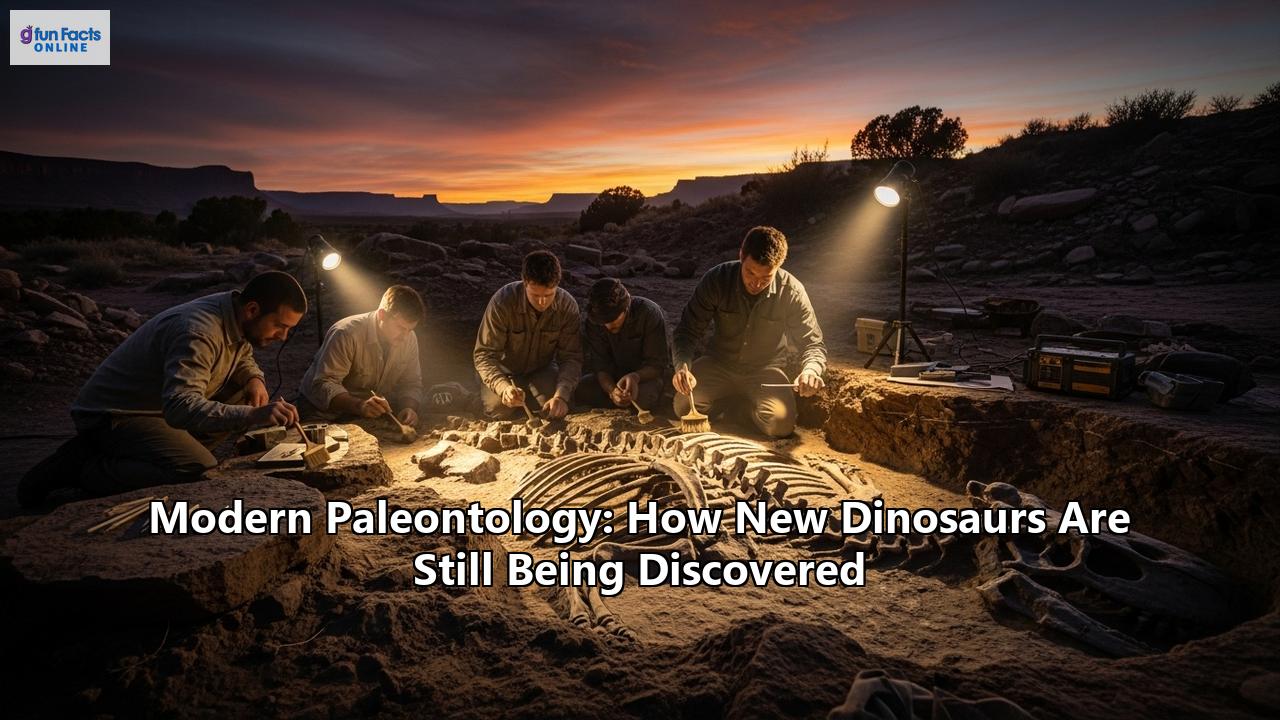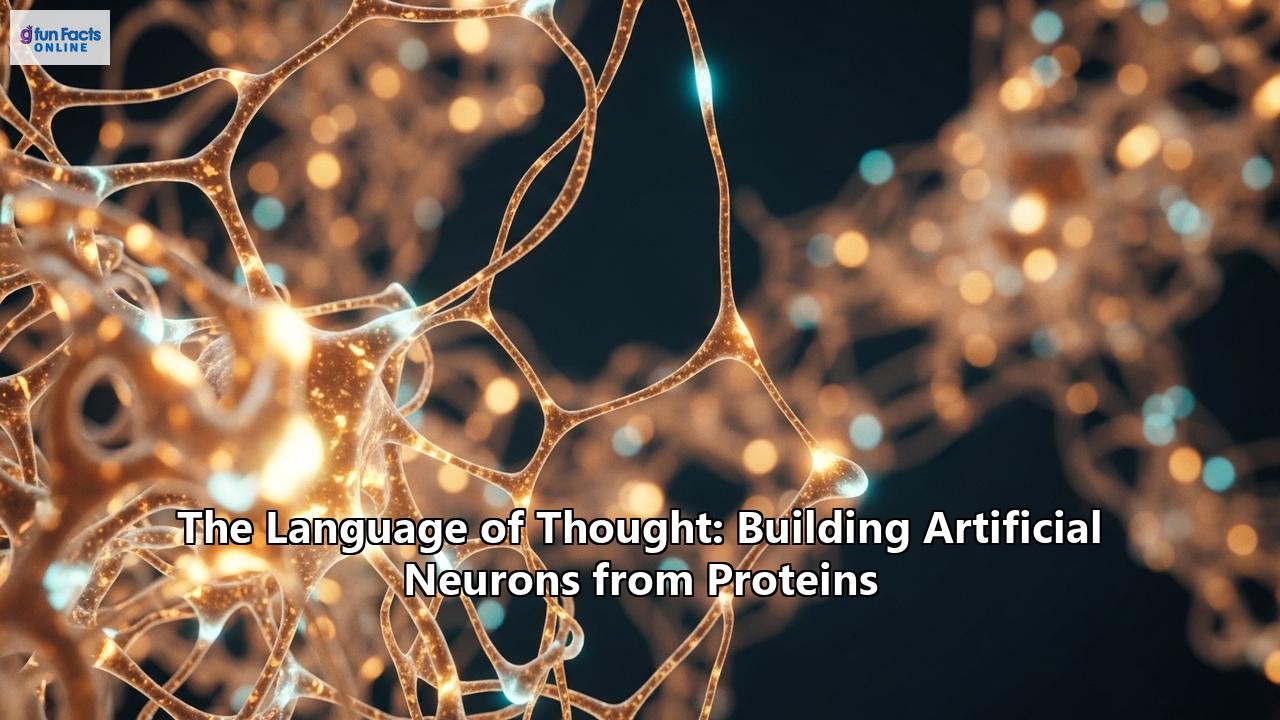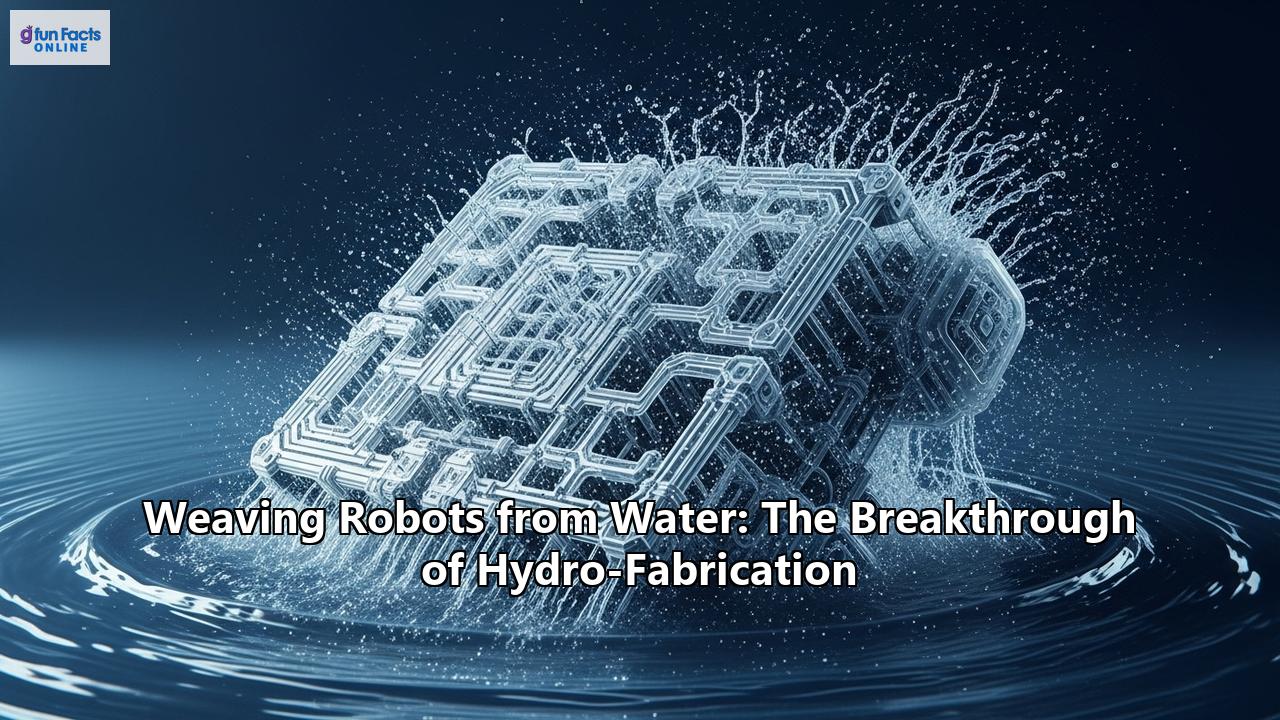The Shifting North: Earth's Magnetic Pole on the Move
The Shifting North: Earth's Magnetic Pole on the Move Our planet is in a constant state of flux, a dynamic dance of geological forces that shape the world we know. Continents drift, mountains rise and fall, and deep within the Earth's core, a process is underway that is causing one of our planet ...










